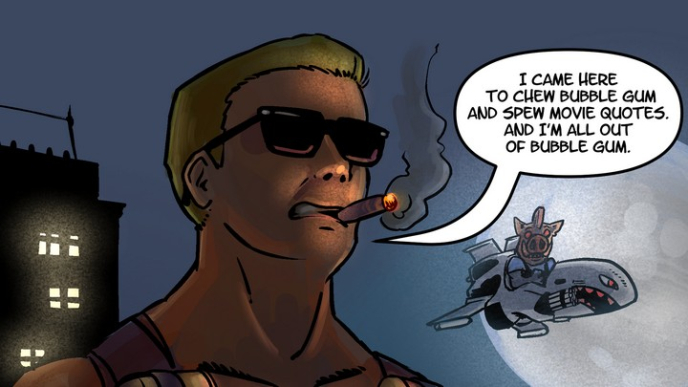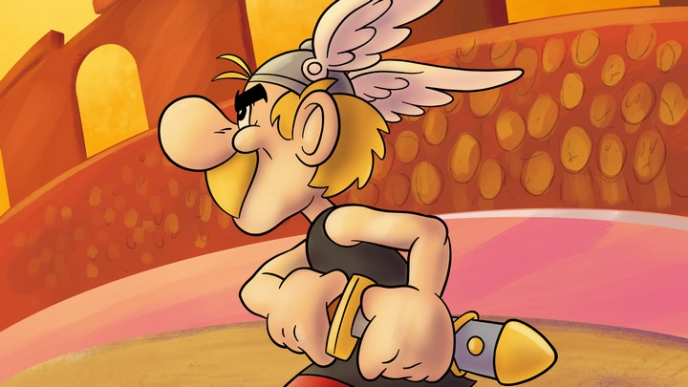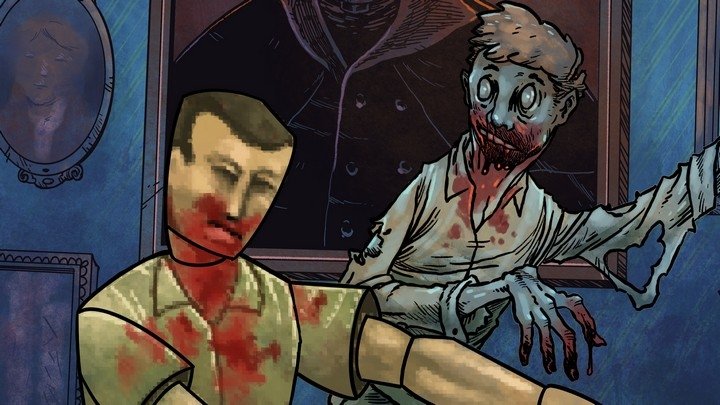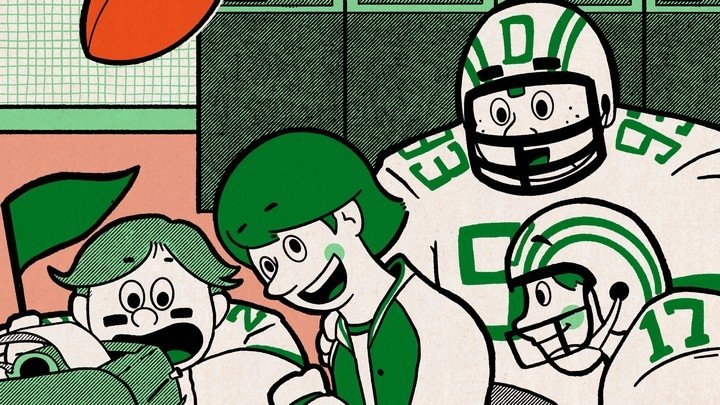Gaming loses another giant: Remembering Masaya Nakamura
The Associated Press reported today that Masaya Nakamura has passed away. This isn't really one of those shocking, out-of-nowhere passings; Nakamura had reached the ripe old age of 91 and seems to have lived a full and successful life.
If you don't recognize Nakamura's name immediately, don't feel too bad about that; he was an executive, not a designer, and few people in that line of work tend to see a lot of recognition among consumers. He had held an honorary position for years, long since having retired from the day-to-day management of his company. But, you will definitely have heard of the company he established: Nakamura Amusement Corporation, or Namco for short.
Nakamura founded Namco in the ’50s, during the same fertile period of Japanese post-war reconstruction that gave us SEGA. Even if you didn't recognize Nakamura's name right away, you've probably heard the sincerely inspiring story behind Namco's creation. The company began as a handful of electric kids' rides on the roof of a department store, for which Nakamura himself provided maintenance and upkeep. From that humble beginning, he built a massive arcade empire, eventually getting into the creation of arcade games rather than merely their distribution. It was a natural fit, and Namco's distribution network meant their games had an easy in to arcades.
Still, none of that would have amounted to much if not for the fact that Namco produced some of the absolute greatest games of the golden age of arcades. Nakamura didn't design the games himself, but he nevertheless spent time with each one before release, making sure it was up to standards through exhaustive personal play testing. Compare that to Nintendo's Hiroshi Yamauchi, who prided himself on never having played a video game. Both men ran incredibly successful game businesses — it's not hard to imagine that Namco could have become a first-party giant if they had gone the sam route as Nintendo and produced their own console in the early ’80s — but they approached their respective businesses from completely different directions.
Maybe it's not surprising, in that light, to know that Nakamura and Yamauchi butted heads for a while. Namco had supported Nintendo's Family Computer pretty much straight out of the gates, porting their arcade classics to the system as one of Nintendo's first third-party publishers. Pac-Man, Galaga, Mappy, and Tower of Druaga were just a few of the arcade best-sellers that became Famicom best-sellers; in fact, I believe Druaga did even better on consoles than in coin-op form due to its decidedly RPG-esque nature. As Nintendo's console matured, the company began to tighten restrictions on third parties — including its die-hards. Nakamura reportedly felt ill-used as a result; it wasn't hard to make the argument that Famicom owed much of its success to the high-quality hits Namco brought to the console, and Japanese business revolves greatly around relationships. For Nintendo to treat such a trusted partner the same as middling latecomers like, say, Bothtec or Towa Chiki... well, that flew in the face of protocol (something Yamauchi was known to do when it suited him).
So, Namco unabashedly pushed back, scaling down their Famicom production and going all-in on NEC's PC Engine instead. Nakamura also played a key role in the establishment of Atari subsidiary Tengen, which went rogue in the U.S. and published classic games — many from Namco — without a license.
So Nakamura was a pretty cool guy who helped usher essential masterpieces to market and wasn't afraid to go his own way. A true great of the games industry, and a rare gem of an executive who regarded his company's creations with a personal passion and commitment to quality.
To honor Nakamura in my own small way, I'll be streaming some Namco games tomorrow afternoon at 4 p.m. ET/1 p.m. PT. I'll start with Rolling Thunder and move on from there. I can't remember which Namco games I have in my library at the moment, so it'll be a potluck of sorts. Join me and be surprised!




